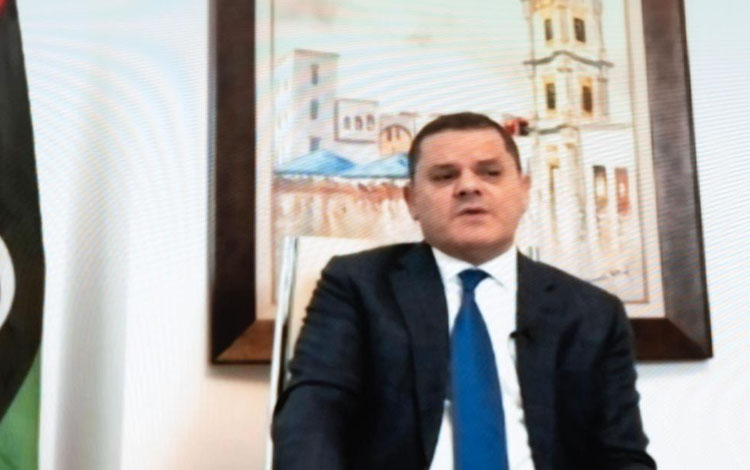(4 minutes read)
· Finally Libya has an interim prime Minister in 61-year-old engineer Abdul Hamid Dbeibah
· Countries that welcomed the installation of the Interim President included France, the UK, Germany and the US; but they flagged the rigorous long road ahead for the incumbent
· A businessman and banker by profession and hailing from the city of Misrata, Dbeibah had led the Libyan Investment and Development Company under Gaddafi
Finally Libya has an interim prime Minister in 61-year-old engineerAbdul Hamid Dbeibah. Undoubtedly, he has an unenviable task ahead of him. He seems to have started well by conveying to the people of the rife ridden North African country that he would listen to people and work with all Libyans. Uppermost task before him is reconstruction of the war ravaged country and that too without much lapse of time. He also will have to unveil a political map to cobble up the country, which was the battleground between two warring groups swearing allegiance to two different leaders.
That makes the role of Abdul Hamid Dbeibah not only complex and delicate but conciliatory to the core having regard to the fact that unless quick steps are taken the peace on the surface can evaporate within no time. To command respect and acceptance of the people, who were living in turmoil for the last few decades needs tact and diplomacy. The question being asked from several quarters is whether the Interim Prime Minister can deliver. Their apprehensions are not misplaced since several times the peace efforts have failed. This time around people hope that the history should not be repeated. With decades long agony, many Libya watchers hope that things would play out differently, having regard to the convergence of opinion among world and domestic leaders that peace should be restored in the oil rich country, where potentials of development are huge.
Among the growing number of world leaders who hailed the brokering of peace included UN Secretary-General Antonio Guterres who termed it as a breakthrough. The peace negotiations were held under the auspices of the United Nations in Switzerland. The initial discussions were held in Morocco also. Countries that welcomed the installation of the Interim President included France, the UK, Germany and the US; but they flagged the rigorous long road ahead for the incumbent.
A businessman and banker by profession and hailing from the city of Misrata, Dbeibah had led the Libyan Investment and Development Company under Gaddafi. He has 21 days to form his council of ministers and has to win a vote of confidence in parliament, by March 19 at the latest. Importantly, a three-member presidency council has also been chosen to head a unity administration to hold the general election on December 24.





